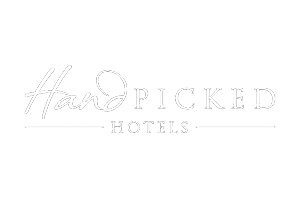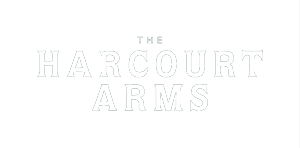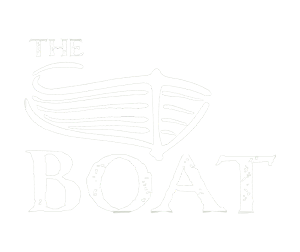
OTAs under investigation: What does this mean for hotel revenue managers?
An investigation by the Competition and Markets Authority (CMA) was launched in October 2018, after concerns were raised over the reliability, fairness and sometimes misleading claims of some online travel agents. But what does this mean for us as hotel revenue managers? And will the outcome of the investigation help towards levelling the playing field in our favour?
Who are OTAs and what is the case about?
Online travel agents (OTAs) are platforms that claim to show and compare all available hotel prices to customers, offering a place to find the best deal and then make the booking. It is estimated by the CMA that 70% of all hotel bookings are now made through OTAs, and huge profits are generated from the commissions that they charge hotels.
As the commissions are an integral part of the business model, concerns have been raised about whether this has influenced the way that deals are presented to customers, with priority given to the options that are better for the OTA, and not necessarily the customer. Hotel revenue managers have had to grapple with the power of online travel agents in attracting customers to book through their platforms. The OTA’s claim to offer customers the benefits of increased competition, and the ability to compare all prices, when searching for the best deal.
The CMA investigations have revealed that there is a possibility that hotel revenue managers may have been competing with an alleged unfair playing field: a corporate deck, stacked in the favour of these large OTA operators. The way the OTAs operate may actually be in breach of consumer protection laws.
The investigation by the CMA raises a number of concerns including:
• Search results: how hotels are ranked, for example to what extent search results are influenced by factors that may not be relevant to the customer’s requirements, such as the amount of commission a hotel pays the site.
• Pressure selling: whether claims about how many people are looking at the same room, how many rooms may be left, or how long a price is available, create a false impression of room availability or rush customers into making a booking decision.
• Discount claims: whether the discount claims made on sites offer a fair comparison for customers. For example, the claim could be based on a higher price that was only available for a brief period or not relevant to the customer’s search criteria, such as comparing a higher weekend room rate with the weekday rate for which the customer has searched.
• Hidden charges: the extent to which sites include all costs in the price they first show customers or whether people are later faced with unexpected fees, such as taxes or booking fees.
What is the Competition and Markets Authority?
The Competition and Markets Authority (CMA) is an independent government department responsible for making sure that markets and businesses work for customers. They have a broad remit to investigate many aspects of business behaviour in the economy, from large mergers which may distort competition, to ensuring fair practice, to a single consumer booking a room. Part of this remit is to enforce consumer protection legislation to tackle practices and market conditions that make it difficult for consumers to exercise choice.
What this essentially means is that businesses must be fair to customers; they must not abuse the trust of customers. If the OTAs are doing anything that undermines this trust, then the CMA would be responsible for taking action. The CMA will normally act by highlighting their concerns to the organisations in the first instance, then they may require legally binding commitments to address these concerns. If the CMA are still not satisfied, they may then take the matter to court where companies may face risks of an unlimited fine.
What will happen next?
The CMA has sent warning letters to a range of sites, demanding they review their terms and practices, to make sure they are fair and comply with consumer protection laws.
The Chief Executive of the CMA, Andrea Coscelli said that: “That’s why we’re now demanding that sites think again about how they’re presenting information to their customers and make sure they’re complying with the law. Our next step is to take any necessary action – including through the courts if needed – to ensure people get a fair deal.”
What does this mean for hotel revenue management?
Revenue managers are following the case closely because it will set the standard of what is acceptable corporate behaviour in hotel booking. Revenue management strategies have had to account for higher commissions to OTAs in recent years. Preventing these companies from obtaining higher commissions unfairly, may have a positive effect on the revenue management strategies of smaller operators. Where the OTAs are forced to change their behaviour, revenue managers may find scope to compete more effectively with OTAs to drive more direct bookings - watch this space to see how this unfolds over the forthcoming months ahead.
If you wish to discuss any aspect of hotel revenue management, then Octopus Revenue are here to help.
